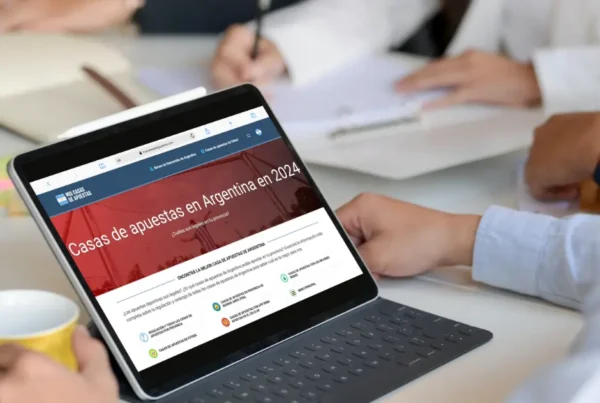How to make good decisions? Being entrepreneurs in an increasingly uncertain context, the ability to make better decisions is essential.
And like all skill, it can be cultivated. Let's see how.
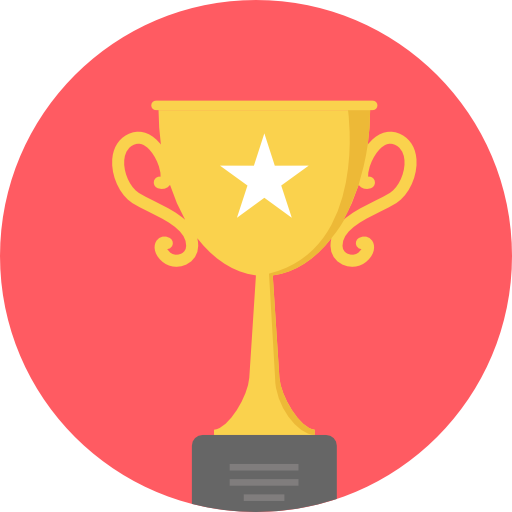
How to make good decisions according to a Nobel laureate
Daniel Kahneman is a Nobel Laureate in Economics and, at the same time, the author of one of the most interesting books on decision making and the functioning of our brain: Think fast, think slow.
In it, he introduces us to both systems that coexist in our brain and constantly fight to see who is in charge of our decisions. This conflict can lead us to make mistakes and make less than optimal choices.
Es por esto que, nos vamos a basar en sus trabajos, pero además vamos a incluir otros métodos interesantes y efectivos, como los que utiliza Jeff Bezos en Amazon.
The 2 decision-making systems of our brain
According to Kahneman, these 2 systems are:
System 1, automatic and impulsive
It is simply about what we usually call intuition. It is the unconscious and automatic system that we feel "in the gut." It makes us alert when we notice that something is wrong, even when we cannot consciously say what, or it makes us cross the sidewalk if we detect something that does not fit ours.
Ese sistema automático además hace que be hard to control and it makes us make bad decisions in certain situations: for example, keep eating chips until the bag is finished, when in fact we were full for a long time.
System 1, however, is very important. It is the one that has kept us alive, it is the one that makes us move away from the car that is coming without our conscious brain having to process the information and weigh what happens.
At other times, it is the intuition that makes us make the best decisions despite the fact that we do not have all the data or they say the opposite of our instinct.
This is why we will see when to use it.
System 2, conscious and considerate
The second system, using Kahneman's terms, is one that enables us to exercise self-control and deliberately focus our attention.
It is a more "modern" system and adapted to today's life, where decisions do not have to be based on running if it is a predator or chasing if it is prey.
It enables us plan ahead and make more complex decisions than to move away if a flowerpot falls.
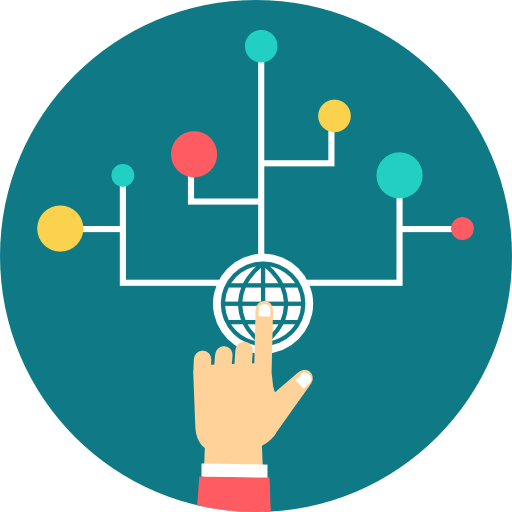
How to make better decisions by understanding these 2 systems
Kahneman teaches us that these 2 systems do not work in harmony, each one taking control according to the situation. They are always fighting and sometimes the wrongdoer "wins."
This is why, we make impulsive purchases when system 1 takes control and it should have been 2, or we get paralyzed analyzing alternatives in system 2 for unimportant situations, in which our instincts would make the best decision.
How to make better decisions by expanding the influence of system 2 in business
Como esta Web trata especialmente de negocios, many of the decisions in this field must be dominated by system 2 and stop to think a little.
Why? Because we are influenced by cognitive biases when making decisions, which make us make the wrong ones.
Los economistas creían que las persons tomaban decisiones económicas racionales basándose en una maximización del beneficio, tras sopesar pros y contras.
Nothing is further from the truth, system 1 has a lot of power also about business and economics. An example is the loss aversion bias, very present in all decisions. This bias means that we are more inclined to move so as not to lose than to move to win.
To avoid this and other biases implanted in the unconscious, we can make better decisions by following these techniques or tips.
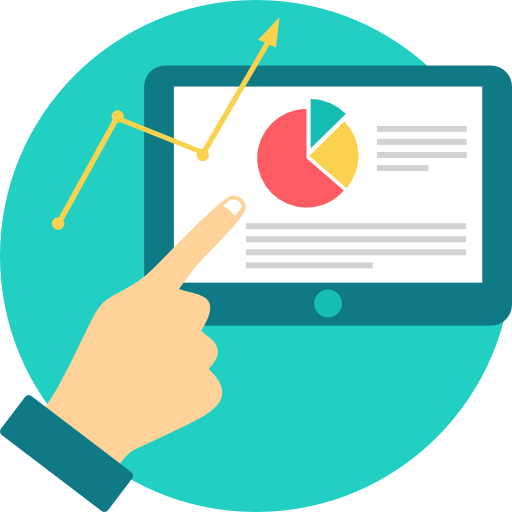
1. Leave emotions at home when it comes to money or business
Many stock investors lose a lot of money because they cannot avoid this. And the stock market knows it, this is why it has been a casino since it was created.
Who wins? Those who take emotions out of decision-making and implement systems. These make it possible to make rational decisions automatically.
Thus, when our shares reach a high cap, they are sold. When they reach a minimum, they are bought. When they reach another level, they are sold to avoid losing too much, etc.
With these automated systems, you win in the long run. At the same time, they resist short-term temptations to hold on too tightly to a sinking ship or to trade too late, hoping they'll go higher.
We must learn from the best stock players and those who make the decisions regarding cold numbers.
The famous phrase: "Business is business" should guide us at all times and put aside the personal and emotional.
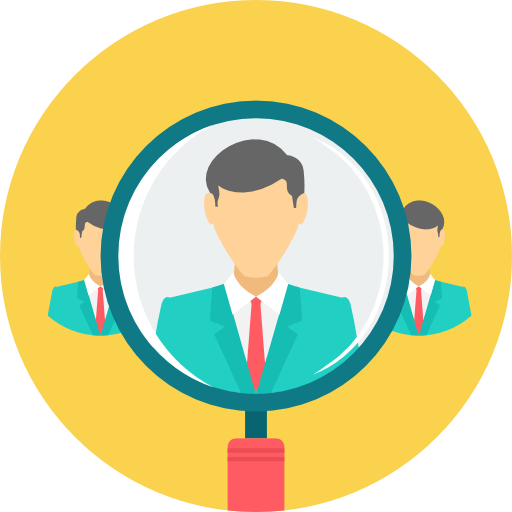
2. Expand the field of view
The key to an adequate response is usually, paradoxically, in ask us better questions.
Usually we get carried away by what we see and we get caught up in that perception: «¿You pretend strawberry or orange ice cream? » They ask us.
To make the right decision in that case, the main thing is to be very clear if there are no more options, more ice cream flavors, if we can only select ice cream or there is another kind of desserts ...
We must always see if there is more than meets the eye. Or put another way, we have to learn to ask better questions. In this circumstance, as an example: «¿¿There may be something more dessert? ».
The main thing to learn with this technique is that, On many occasions, we have more options than it seems and we have to look for them.
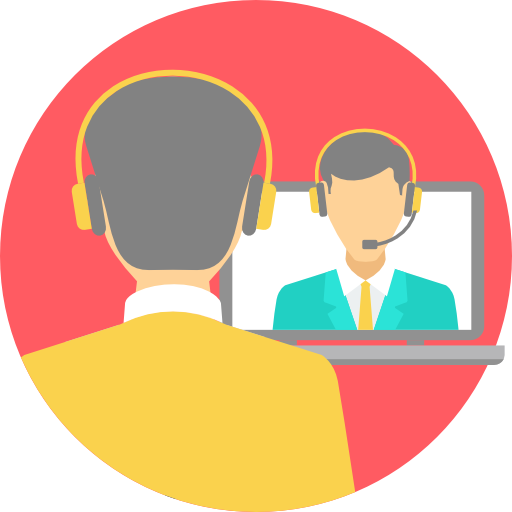
3. The technique premortem to make better decisions
Interestingly, one of Kahneman's favorite techniques is not his, but that of the psychologist Gary Klein, who acknowledges that, to develop the technique, he in turn relied on the work of Kahneman.
The technique of premortem it's based on imagine that the idea or decision you are considering has failed miserably and we must find the reason.
The typical example is that of the doctor who is going to operate, decides to do it in a certain way and imagines that his patient has died. Starting from that situation, he goes backwards thinking about every possible step that could have caused him to die. By knowing what can go wrong, you can better avoid it.
That's a premortem, because the patient is still alive, but the doctor is carefully considering every feasible thing that can go wrong.
With this technique we overcome the optimism bias that always exists in many decisions, mainly business. It is for this reason that, within companies, the technique of premortem to make better decisions it is used in teams if it is feasible.
You carry out the analysis starting from the imaginary situation in which you have failed miserably and you have to see every reason why you got there.
Another team does the same, but considering that it had an overwhelming success and seeing what possible reasons have led them to that top.
They are then compared.
The problem with many institutions is that workers are afraid to speak of reasons for failure, even when they have them in mind. So they keep quiet to "save themselves trouble with those above," but the company ends up with a much bigger obstacle because of the ego of those above.
This is avoided because what is entrusted to the employee, exactly, is to bring that to light in the task of the premortem.
Some studies have shown that, with this technique, the odds of predicting correctly can be improved by up to 30% what will happen and make better decisions.
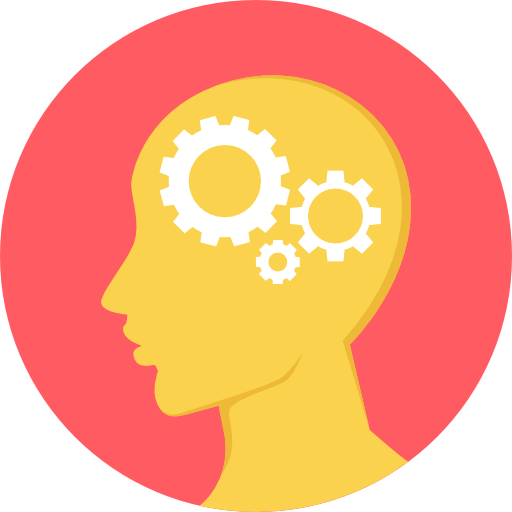
4. Automate small and unimportant decisions
Automating small decisions and turning them into routines helps to avoid being consumed by them, to entertain us and steal the energy necessary to make good important decisions.
Use un análisis profundo para decisiones sin relevance es agotador y una pérdida de tiempo. This is why it is best to create a system and automate, a bit like in the example of good stock investors.
Examples of this unimportant decision-making technique:
- Steve Jobs was famous for always dressing the same way, so he eliminated the decision of what to wear every morning, superfluous for him. He's not the only genius to do it and we don't have to go to that extreme, but we do have to learn from him.
- Tim Ferriss is also famous for automating certain business decisions. If, as an example, an expense or an investment is less than $ 100, you don't even think about it. Acquires it or the person in charge has a free hand to acquire it. Personally, I have also adopted it, so as not to fall into the bias of wasting time and effort to find something cheaper or to do it myself, which in the end ends up costing more.

5. Consult it with the pillow
This technique is very important when making good decisions. Sleeping helps explain thoughts the next day, to face the decision being fresher.
At the same time, it enables emotions, always volatile and powerful, to have followed their natural cycle and not dominate everything.
Cuando hace falta utilizar el sistema lento y más target de decisión que hemos visto, nos conviene consultar con la almohada si no tenemos del todo clara la decisión.
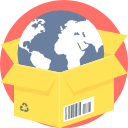
6. How to make better decisions faster, the Amazon method
One of the most interesting techniques to make better decisions, in a context like the current one, comes from Amazon.
On amazon speed is prioritized over other things. Its founder, Jeff Bezos, is aware of the relevance of that speed and favors it, which is why they usually use this rule:
Many decisions should be made when you have around 70% of the information that you would be interested in having..
If you wait any longer, say up to 90% or so, you are possibly being too slow in several cases.
In others, there will be some precipitation. That will not be serious if we are good at correcting the course.
Considering that many of you reading this will be entrepreneurs, that quality of straightening the wheel on the fly should be a fundamental skill. Not only to make decisions, but in general.
Today, fixing the broken or straightening the course is often cheaper than being too slow.
7. When to trust intuition to make good decisions
From what we've seen of Systems 1 and 2, it seems that we absolutely discard intuition when it comes to business. Nothing is further from reality.
Intuition is powerful and can be very useful, mainly for certain kinds of decisions, where the data is uncertain or applying a system 2 leads to unclear conclusions or a blockage.
What is intuition and how does it help to make decisions
First of all, let's put on the table what intuition is: to think that you know something without really knowing why you know it.
You are sure, but you cannot say precisely why. However, it is not due to a sixth sense or something magical. This is generated when much of that procedure has been unconscious, but you feel that you are safe.
When can we trust intuition to make decisions?
According to Kahneman and other experts, such as Herbert Simon, in general we will be able to do it when it comes to a subject in which we are experts.
This is why, to boost our intuition in something, the ideal is to become experts in that something.
The more knowledge we have and the more different situations we have seen, the more powerful the intuition, because the more powerful and instantaneous our system of accreditation of patterns and solutions becomes.
Specifying a little more, our intuition will probably be correct in these situations:
- When the environment does not change or is slow in those changes. Complex and adaptive systems are enemies of intuition. This is why, in business, which is precisely that kind of fast and changing environments, it is convenient to tame it a little and lean on that system 2 that it analyzes.
- When we've gotten a lot of practice in those kinds of situations. In other words, we have seen and experienced it frequently. This is another way of saying that we are experts with thousands of repetitions of the situation behind us.
- We received a feedback righ now and true.
If the context in which we find ourselves has these 3 characteristics, it is likely that we act by intuition and make good decisions in most cases.
As we can see, making better decisions most of the time seems like a super power, but it is an ability. As a skill, it can be cultivated and, by following the techniques we have seen here, we will become the kind of sages who get more right than they fail when selecting a path.



